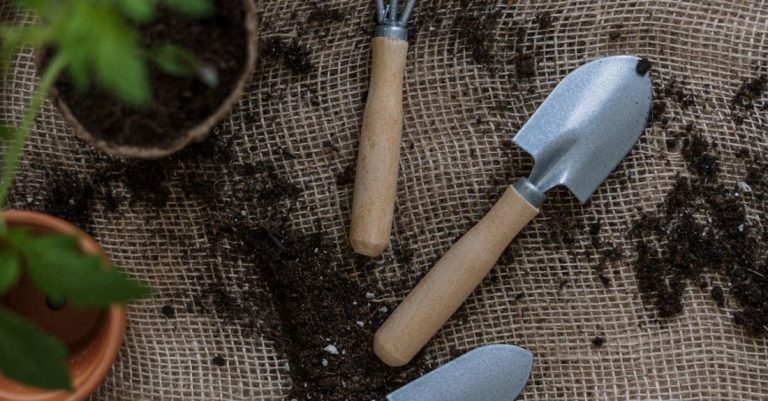
Organic composting is a valuable practice for anyone looking to reduce waste, improve soil health, and contribute to a more sustainable environment. By recycling organic material into nutrient-rich compost, you can enrich your garden soil, reduce the need for chemical fertilizers, and divert waste from landfills. However, to ensure successful composting and achieve the best results, it is important to follow certain best practices. In this article, we will explore some of the key strategies for effective organic composting.
### Choosing the Right Location
Selecting the proper location for your compost pile is crucial for its success. Choose a site that is well-drained and receives adequate sunlight. The heat from the sun will help speed up the decomposition process, while good drainage will prevent the pile from becoming waterlogged. Additionally, make sure the location is easily accessible for adding materials and turning the compost.
### Balancing Green and Brown Materials
For successful composting, it is essential to maintain a balance between green and brown materials. Green materials, such as fruit and vegetable scraps, grass clippings, and coffee grounds, are rich in nitrogen and help speed up decomposition. Brown materials, such as dried leaves, straw, and wood chips, provide carbon and help create aeration in the pile. Aim for a ratio of roughly 2 parts brown materials to 1 part green materials to achieve a good balance.
### Proper Layering and Mixing
Layering your compost pile with alternating green and brown materials helps promote aeration and decomposition. Start with a layer of brown materials at the bottom, followed by a layer of green materials, and continue alternating until the pile reaches the desired height. Turning the compost pile regularly, about once a week, helps mix the materials and ensure even decomposition. This also helps introduce oxygen into the pile, which is essential for the activity of aerobic bacteria that break down the organic matter.
### Maintaining Moisture Levels
Proper moisture levels are critical for the decomposition process. The compost pile should be about as damp as a wrung-out sponge. If the pile is too dry, decomposition will slow down, while if it is too wet, it may become anaerobic and start to smell. Water the pile as needed to maintain the right moisture level, especially during dry periods or if the pile is exposed to direct sunlight, which can cause it to dry out more quickly.
### Monitoring Temperature
The temperature of your compost pile can indicate its progress and efficiency. A properly functioning pile will heat up as decomposition occurs, with temperatures reaching between 110-160°F (43-71°C). Turning the pile regularly helps distribute heat evenly and speed up decomposition. If the pile is not heating up, it may be too dry or lack nitrogen-rich materials. On the other hand, if it becomes too hot, it may indicate an overabundance of green materials, in which case adding more brown materials can help regulate the temperature.
### Harvesting and Using Compost
Once the compost has fully decomposed and turned into a dark, crumbly material with an earthy smell, it is ready to be used in the garden. Harvest the compost by sifting out any large, undecomposed materials and adding the finished compost to your soil. Incorporating compost into garden beds improves soil structure, retains moisture, and provides essential nutrients for plant growth. You can also use compost as a mulch or top dressing to enrich existing soil and promote healthy plant growth.
### Sustainable Practices for Long-Term Success
To ensure the sustainability of your composting efforts, consider the long-term management of your compost pile. Encourage the diversity of microorganisms by adding a variety of materials to the pile, including kitchen scraps, yard waste, and garden clippings. Avoid adding meat, dairy, or oily foods to the compost, as these can attract pests and slow down decomposition.
### Embracing the Benefits of Organic Composting
Organic composting is a simple yet effective way to reduce waste, improve soil health, and support a more sustainable lifestyle. By following these best practices, you can create nutrient-rich compost to enhance your garden and contribute to a healthier environment. With a little time and effort, you can turn your kitchen and yard waste into a valuable resource that benefits both your plants and the planet.





